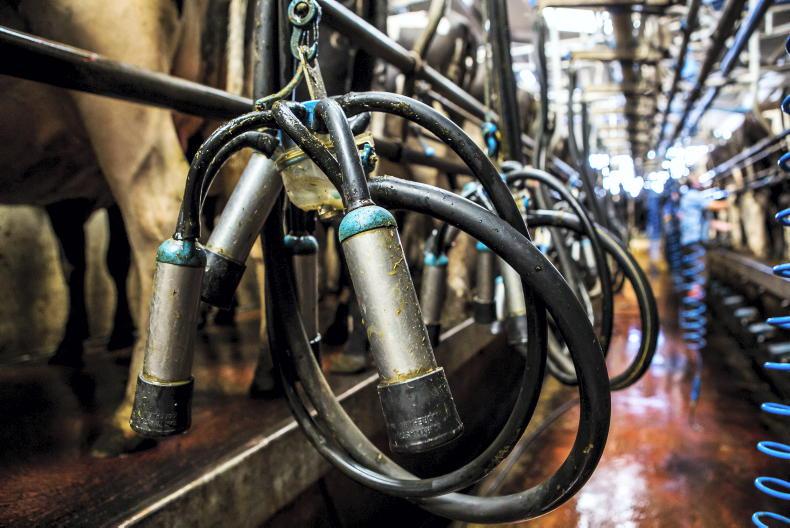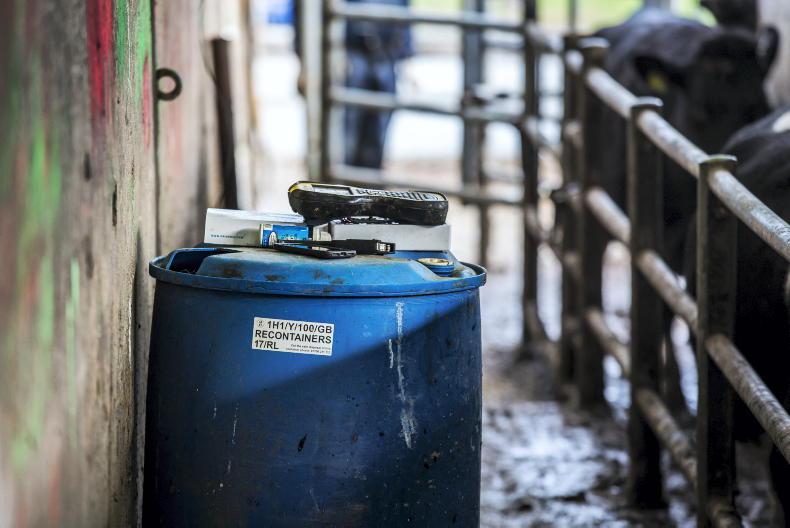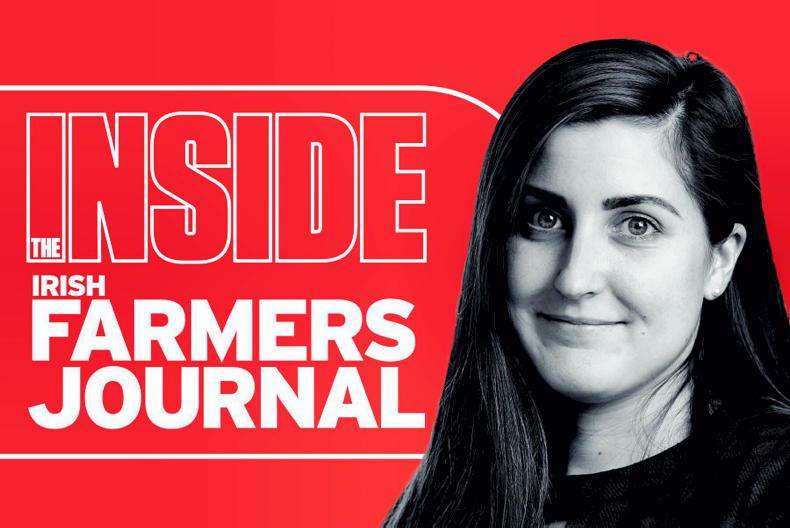Thankfully bluetongue hasn’t landed on our shores. However, we have our own problem and it’s called TB. The TB forum last week heard policy presentations from the farm organisations and the Department of Agriculture. Whatever about the proposals discussed, the fact that the Department hasn’t published its proposals and presentations speaks volumes. Why not publish the discussion document? Of course there is debate and negotiation to happen, but we need to be crystal clear on the science and impact of policy. We need all aspects of the plan discussed and debated. We also need to discuss the wildlife part of the TB management plan. Trading and testing are important. We have to change, because what’s happening is not working and the cost is spiralling. Every aspect must be on the table. Nobody can reject change, but it must have a scientific foundation and economic rationale. What can we do on costs? What scientific principles need to change? What can we conclude from the investment in the wildlife vaccination project in a number of counties? In the absence of clear conclusive direction and advice, farmers will start taking action into their own hands. Managing this disease is costing farmers north and south endless millions, and is also causing significant stress and mental fatigue. We can’t impose further restrictions on hard-hit farm families that potentially could limit commercial herds restocking because, quite simply, the stock with the required proposed health status is not available or at least are not for sale. See more on p4 and 5.
Positive milk price outlook ahead of us
What is becoming crystal clear every day that passes, is that past and current EU policy is now really impacting on milk output.
The fact that the three big EU milk countries – Germany, France and the Netherlands – are in a downward spiral of milk output is no surprise.
In terms of competitiveness, there are alternatives to producing milk in those countries and so-called labour-saving technologies for indoor milk production can’t save falling milk output.
At the Bord Bia seminar, Christophe Lafougere, from GIRA, said the EU27 is forecast to increase milk supply by 0.2% between now and 2029. Worst case scenario, this could be an EU milk supply reduction of minus 1.5%.
Similarly, Australia and New Zealand are forecast to reduce milk supply.
The importance of these predictions is that these are the big exporting countries.
Some EU countries like Poland and Italy might well increase milk supply, as will India, Pakistan and China, however, these are not dairy exporting countries. What extra is produced will be consumed locally. So the positive opportunity for Irish milk suppliers and co-ops is clear.
The supply side is restricted and demand continues and will in fact grow, especially for high value proteins and fats.
Slurry planning exemption not coming
On Tuesday this week, an IFA delegation met with Minister for Agriculture Martin Heydon and Minister for State at the Department of Housing with special responsibility for planning John Cummins in Leinster House. Clearly there is no progress on a planning exemption for standalone slurry storage. Why counter-productive, empty political promises like this are made is beyond me. A fundamental, strategic, top priority, not happening now despite farmers waiting in line to invest hundreds of millions in nutrient storage. If water quality wasn’t so critical, it would pass as an April Fool’s joke – it beggars belief. The September opening commitment by the ministers is welcome but must be matched with minimal bureaucracy for 2026 developments.
Thankfully bluetongue hasn’t landed on our shores. However, we have our own problem and it’s called TB. The TB forum last week heard policy presentations from the farm organisations and the Department of Agriculture. Whatever about the proposals discussed, the fact that the Department hasn’t published its proposals and presentations speaks volumes. Why not publish the discussion document? Of course there is debate and negotiation to happen, but we need to be crystal clear on the science and impact of policy. We need all aspects of the plan discussed and debated. We also need to discuss the wildlife part of the TB management plan. Trading and testing are important. We have to change, because what’s happening is not working and the cost is spiralling. Every aspect must be on the table. Nobody can reject change, but it must have a scientific foundation and economic rationale. What can we do on costs? What scientific principles need to change? What can we conclude from the investment in the wildlife vaccination project in a number of counties? In the absence of clear conclusive direction and advice, farmers will start taking action into their own hands. Managing this disease is costing farmers north and south endless millions, and is also causing significant stress and mental fatigue. We can’t impose further restrictions on hard-hit farm families that potentially could limit commercial herds restocking because, quite simply, the stock with the required proposed health status is not available or at least are not for sale. See more on p4 and 5.
Positive milk price outlook ahead of us
What is becoming crystal clear every day that passes, is that past and current EU policy is now really impacting on milk output.
The fact that the three big EU milk countries – Germany, France and the Netherlands – are in a downward spiral of milk output is no surprise.
In terms of competitiveness, there are alternatives to producing milk in those countries and so-called labour-saving technologies for indoor milk production can’t save falling milk output.
At the Bord Bia seminar, Christophe Lafougere, from GIRA, said the EU27 is forecast to increase milk supply by 0.2% between now and 2029. Worst case scenario, this could be an EU milk supply reduction of minus 1.5%.
Similarly, Australia and New Zealand are forecast to reduce milk supply.
The importance of these predictions is that these are the big exporting countries.
Some EU countries like Poland and Italy might well increase milk supply, as will India, Pakistan and China, however, these are not dairy exporting countries. What extra is produced will be consumed locally. So the positive opportunity for Irish milk suppliers and co-ops is clear.
The supply side is restricted and demand continues and will in fact grow, especially for high value proteins and fats.
Slurry planning exemption not coming
On Tuesday this week, an IFA delegation met with Minister for Agriculture Martin Heydon and Minister for State at the Department of Housing with special responsibility for planning John Cummins in Leinster House. Clearly there is no progress on a planning exemption for standalone slurry storage. Why counter-productive, empty political promises like this are made is beyond me. A fundamental, strategic, top priority, not happening now despite farmers waiting in line to invest hundreds of millions in nutrient storage. If water quality wasn’t so critical, it would pass as an April Fool’s joke – it beggars belief. The September opening commitment by the ministers is welcome but must be matched with minimal bureaucracy for 2026 developments.









SHARING OPTIONS